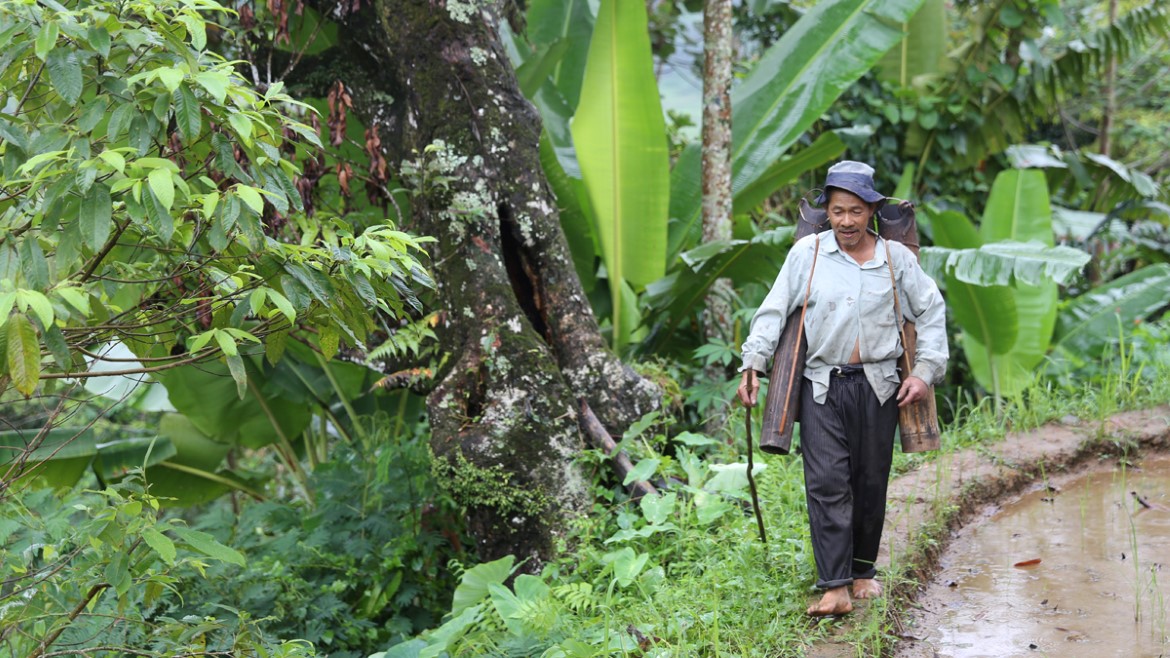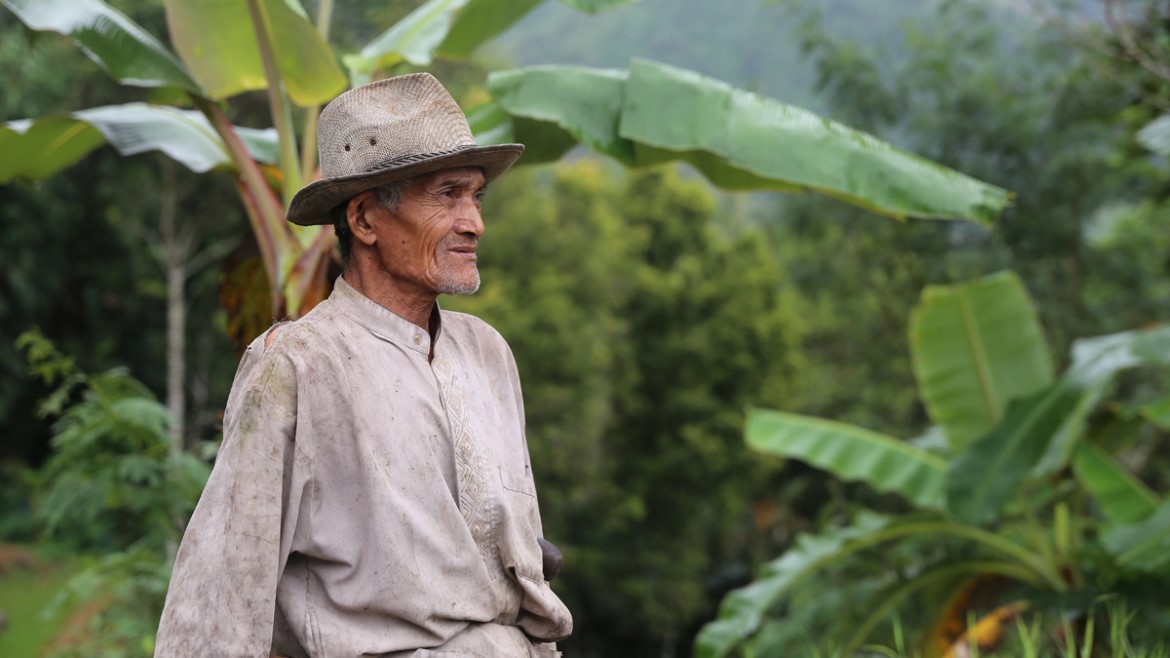
Civil society helps preserve the world’s forests
Norad releases a report of key results in the Norwegian Climate and Forest funding (NICFI) to civil society. The report sums up results achieved by civil society actors who received support through Norad in the period 2013-2015.
- Civil society actors have worked strategically to help ensure that efforts to reduce deforestation in tropical forests are sustainable and have the support of local populations , says Lomøy.
The 42 projects have been carried out by civil society organisations like indigenous people’s networks, watchdogs and knowledge providers.
As a result from the 42 projects supported:
- An estimated 3,8 million people made their main income/livelihood from sustainable land use in targeted landscapes.
- 13 organisations report that Indigenous Peoples and forest dependent communities gained land rights with support from the organisations
- 19 organisations report to have contributed to emissions reductions from reduced deforestation. Examples of activities to reduce emissions may include influencing companies, developing new and alternative sources of income, or influencing REDD+ programs.
The supported organisations have achieved important results at country and state level in key forest countries.
Progress in the world’s second largest rainforest
Mai Ndombe in The Democratic Republic of Congo is the first province in Africa with prospects of signing an agreement with the Word Bank’s Carbon Fund.
The program would serve as a pilot for green growth in the Congo Basin, the second largest rainforest in the world. This could be a significant climate action on the African continent.
Civil society actors have ensured a more inclusive process in developing the program with government officials, community members, civil society organisations, and the private sector.
Smart use of technology
A smartphone based monitoring system with local forest communities in Brazil and Guyana built local monitoring capacity on deforestation drivers and social issues.
This gave information that helped inform policy. The monitoring led to the reducing non-traditional fishing and hunting that put pressure on the forest.
1,2 million cubic metres of illegal timber detained
A vessel loaded with illegal timber from Peru was identified and an Interpol-led operation managed to detain the vessel in Mexico.
The result was that 1,2 million cubic metres of illegal timber worth half a million dollars were detained. This sent an important signal to the criminal networks behind illegal timber.
Indigenous rights recognized
In Indonesia, several organisations worked in the area of securing the rights of indigenous peoples and local communities.
In 2013 the Constitutional Court recognized the customary rights of indigenous peoples to forests that the Indonesian state previously claimed as state forests. This happened after continuous work by organisations such as Aliansi Masyarakat Adat Nusantara (AMAN).
Soon to meet in Oslo
These organisations are soon to meet global key professionals and politicians at the Oslo REDD Exchange conference in Oslo on June 14th and 15th to exchange ideas, experiences and perspectives about climate and forest policy.

